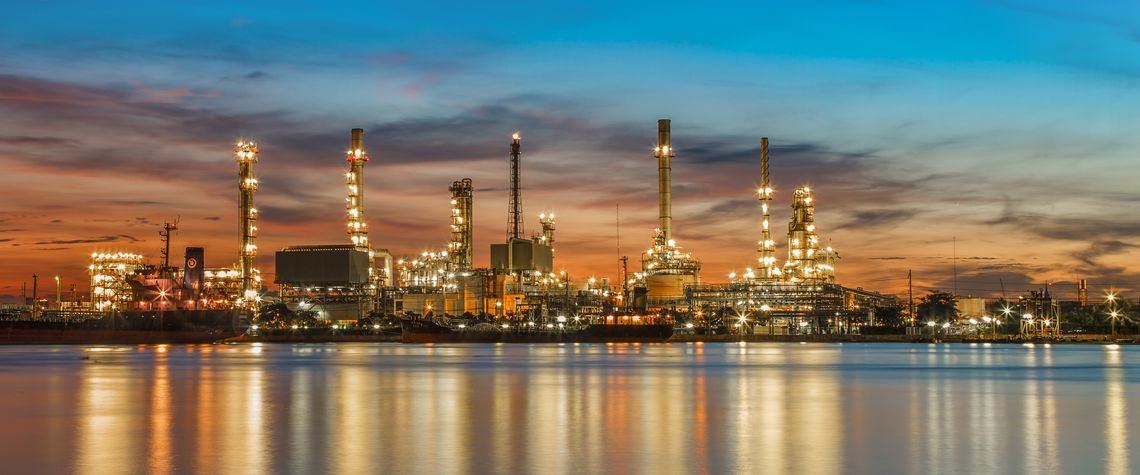Refiners over a barrel?
Challenges and costs increase as ageing oil fields reach the ‘babushka’ stage
When the International Maritime Organisation (IMO) set in motion the changes to its international convention for the prevention of pollution from ships, or Marpol, to move the sulphur standard for marine bunkers from 3.5pc to 0.5pc, it probably believed that the timeframe would smooth the path for the change that is taking place on 1 January 2020. But, in reality, that neither oil refining companies nor ship owners have invested heavily enough should not be a surprise, given the costs entailed and the uncertainty of any investment paying back. Meeting the change in sulphur specification is not simple and prices are responding to the distortion that is being created in global supply/demand

Also in this section
26 February 2026
OPEC, upstream investors and refiners all face strategic shifts now the Asian behemoth is no longer the main engine of global oil demand growth
25 February 2026
Tech giants rather than oil majors could soon upend hydrocarbon markets, starting with North America
25 February 2026
Capex is concentrated in gas processing and LNG in the US, while in Canada the reverse is true
25 February 2026
The surge in demand for fuel and petrochemical products in Asia has led to significant expansion in refining and petrochemicals capacities, with India and China leading the way







